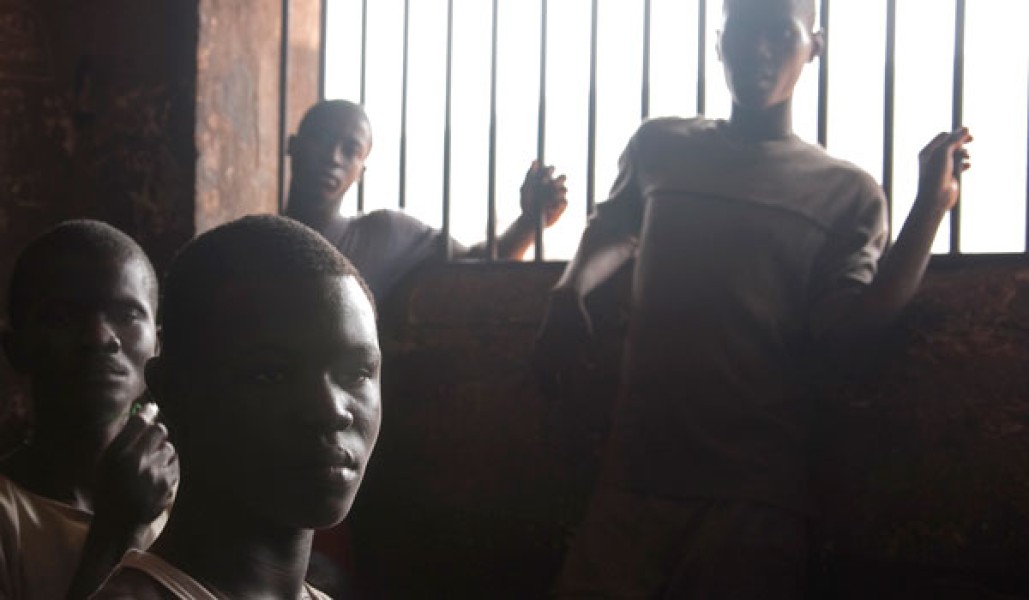Background
Sierra Leone is still addressing the legacies of a 10-year civil conflict marked by intense violence against civilians, recruitment of child soldiers, corruption and bloody struggle for control of diamond mines. The war claimed tens of thousands of civilian lives; the number of persons raped, mutilated or tortured is much higher.
In July 1999, the Government of Sierra Leone and the Revolutionary United Front (RUF) rebel group signed the Lomé Peace Agreement (LPA). They agreed to establish a Truth and Reconciliation Commission (TRC) which began work in late 2002. The TRC submitted its final report in October 2004. However, the agreement granted an unconditional blanket amnesty for all parties, a decision which came under intense criticism.
In June 2000, Sierra Leone's President Ahmad Tejan Kabbah asked the UN to help establish a special court to prosecute those responsible for human rights violations during the conflict. The Special Court for Sierra Leone started operations in July 2002. As of early 2011, the court has indicted 13 people and convicted eight.
The LPA and TRC also established a reparations program. In 2007, the government designated the National Commission for Social Action (NaCSA) the official implementing agency. The program has faced many challenges in providing meaningful reparations for victims—largely due to lack of funding.
ICTJ's Role
ICTJ works with the government and civil society in Sierra Leone to strengthen its transitional justice mechanisms. We help build skills and provide space for victims to share their experiences.
- Truth and reconciliation: We trained TRC staff on public hearings, community-based reconciliation and reparations. We connected it with other TRCs from Ghana, Peru, South Africa, and Timor-Leste.
- Special Court for Sierra Leone: We advised both the Court and the TRC on aspects of their relationship while they operated simultaneously. ICTJ helped to establish a court monitoring project to foster connections between the Court and justice sector reform in the national system. We co-organized a significant conference on victims’ perceptions of the Special Court. We have provided policy advice to the Court on residual issues and legacy.
- Reparations: We trained officials from NaCSA on the implementation of the reparations program. We also engaged with the national Human Rights Commission, victims' groups and other civil society members.
- Media and civil society: With the BBC World Service Trust, we trained journalists on communicating transitional justice issues. We helped establish National Vision for Sierra Leone, where Sierra Leoneans of all backgrounds expressed their hopes for the future through art. We researched ex-combatants' views on the Special Court and the TRC.
